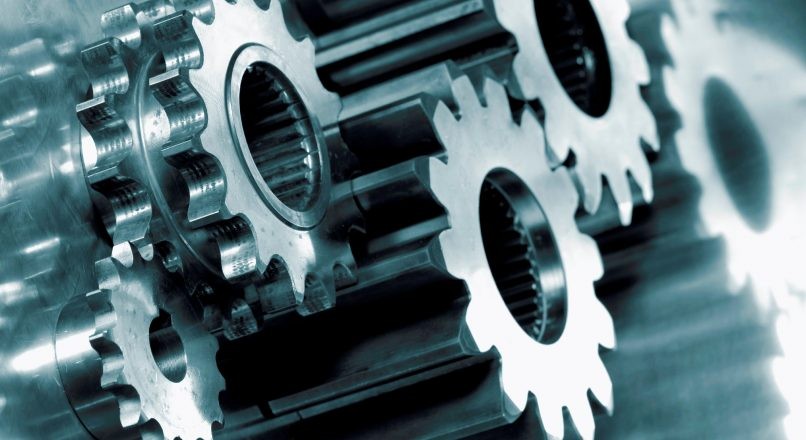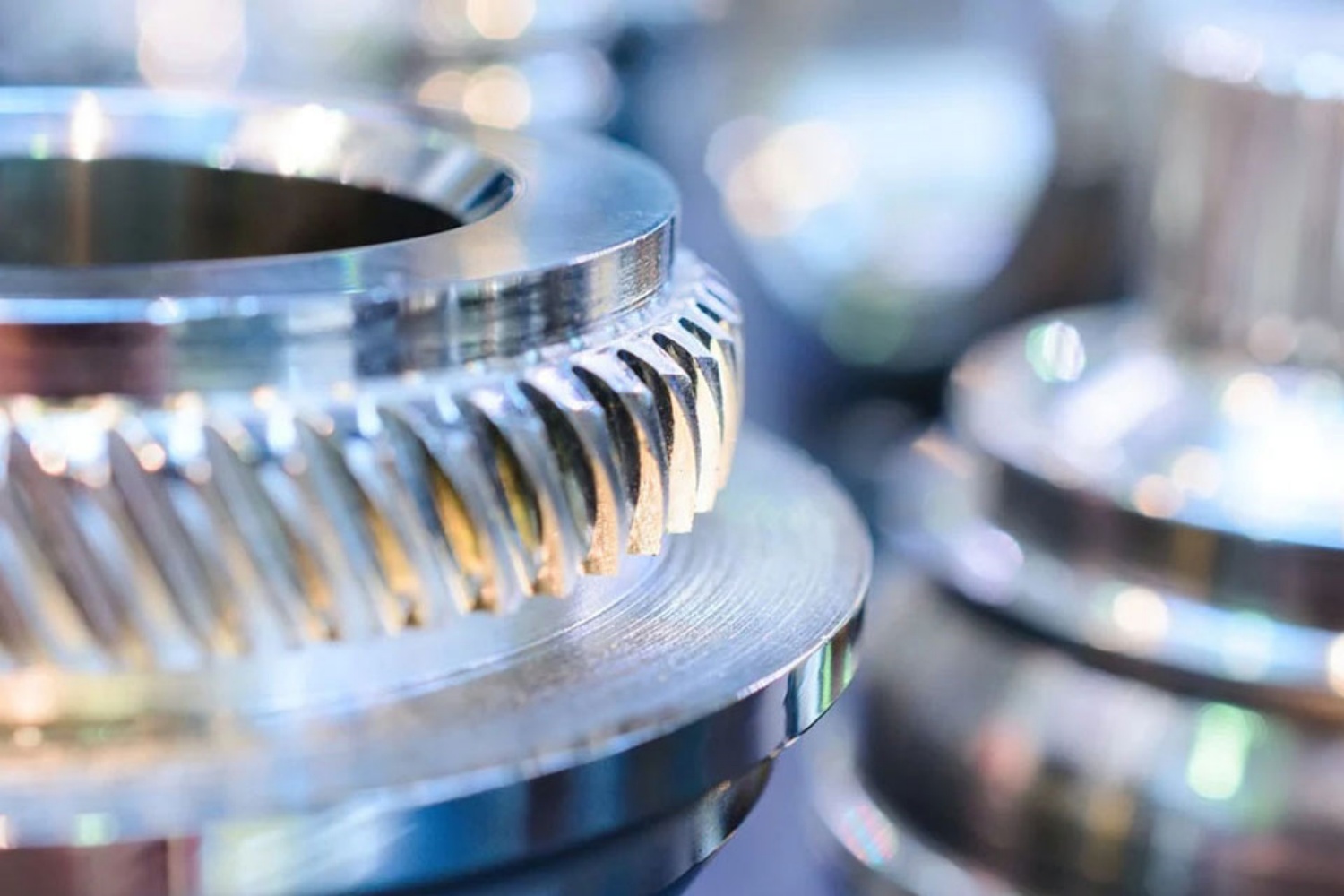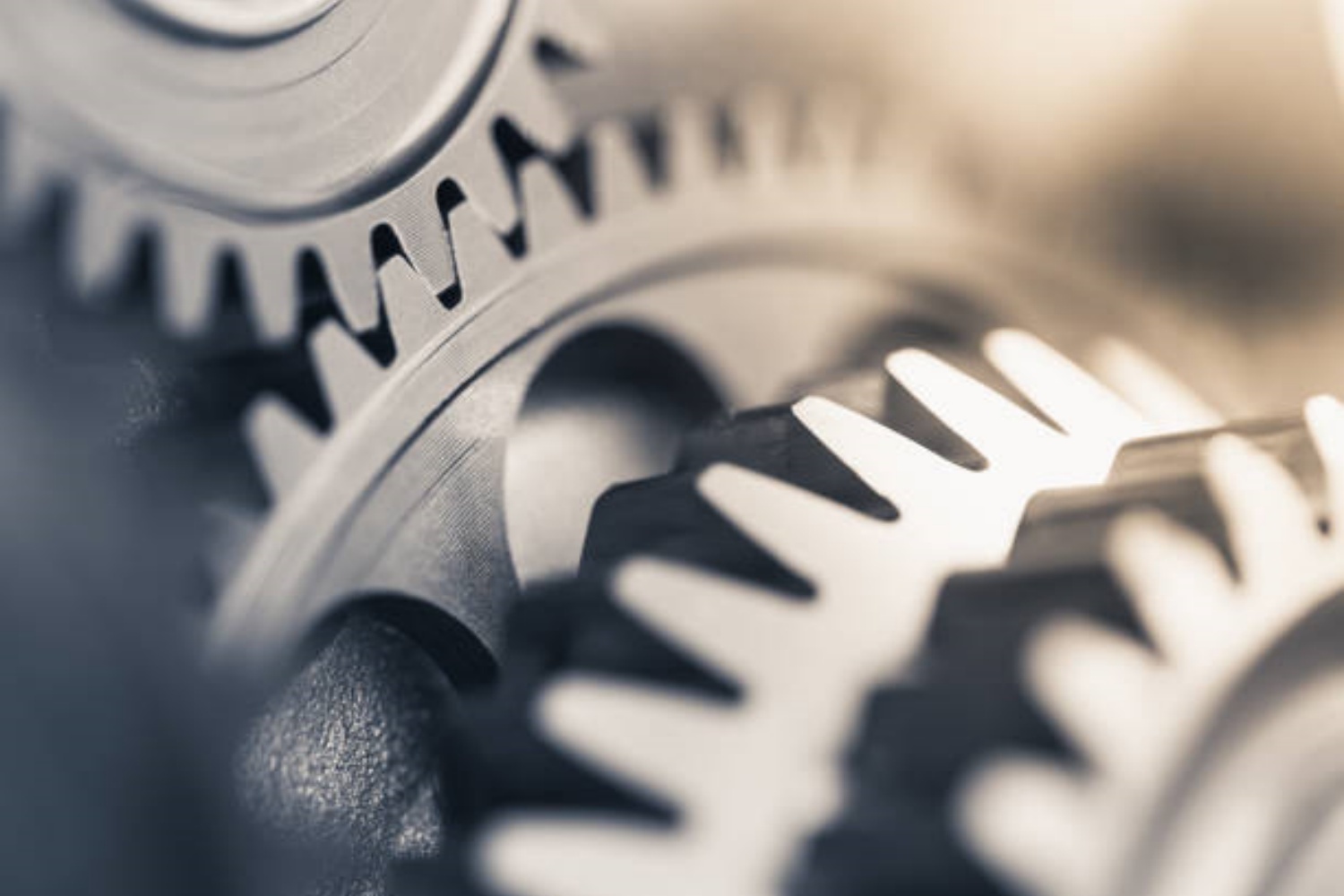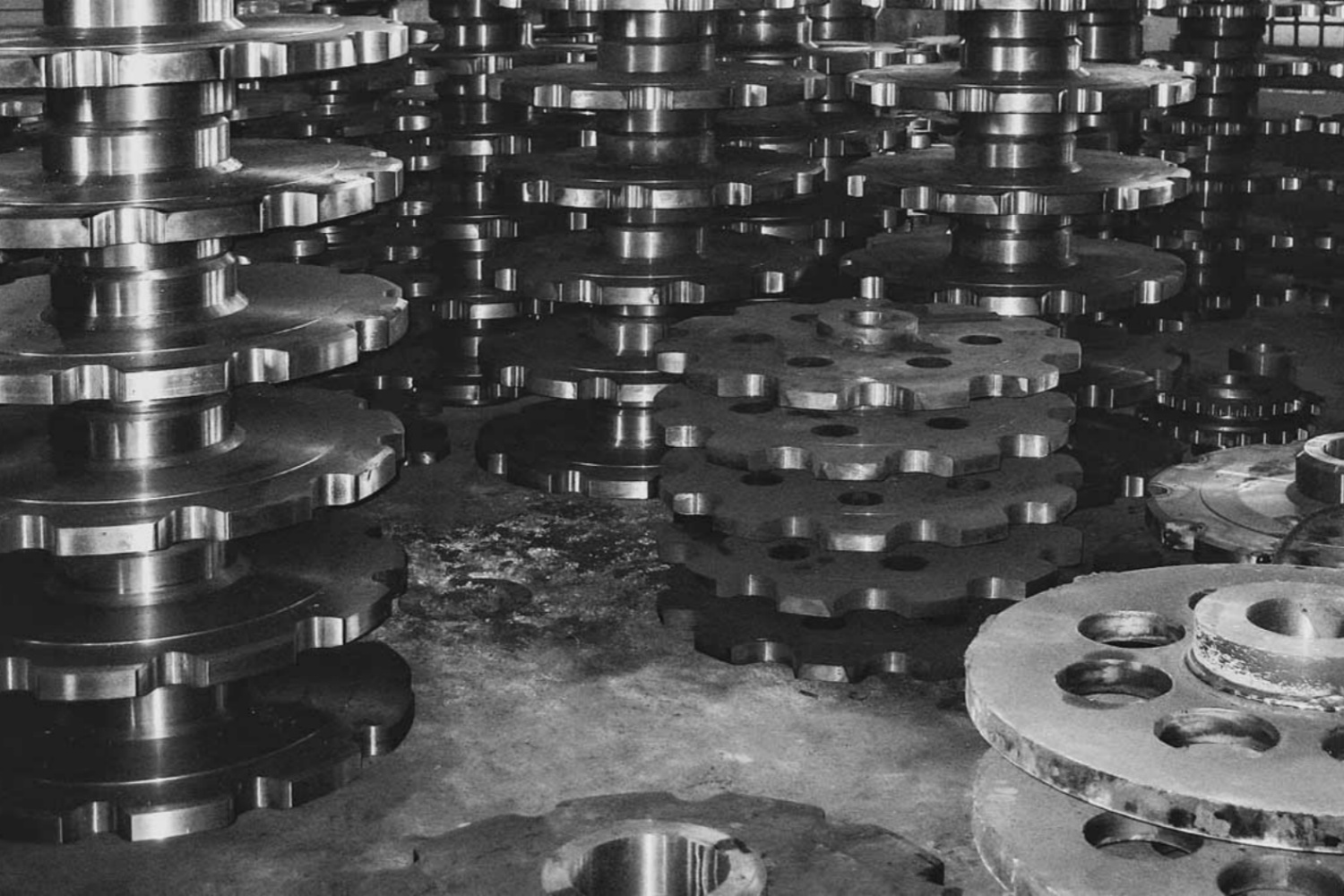Industrial gears are a crucial component of various manufacturing and processing systems. When selecting industrial gears, two key factors to consider are durability and reliability. These factors can determine the overall efficiency, longevity, and safety of a system. We will discuss the importance of durability and reliability in industrial gears and provide guidelines for choosing the right gears for your application.
Durability refers to the ability of a gear to withstand wear and tear over time. It is essential to choose gears that can endure high stress, torque, and temperature conditions. Durable gears are made from high-quality materials, such as steel or hardened steel, and are designed to provide long-lasting performance. To ensure durability, it is important to consider factors like material selection, heat treatment, and surface finish.
Reliability refers to the ability of a gear to perform its intended function under various conditions and in a consistent manner. A reliable gear is designed with redundancy and failsafe mechanisms to minimize the risk of system failure. It is essential to choose gears that meet the required safety standards and have a proven track record of reliable performance. To ensure reliability, it is important to consider factors like the manufacturing process, quality control, and the reputation of the manufacturer.
When choosing industrial gears, it is essential to consider the following factors:
- Application-specific requirements: Identify the specific requirements of your application, such as the type of motion needed, load capacity, speed, and environmental conditions. This will help you select the appropriate type of gears for your system.
- Material selection: Choose a material that is suitable for the intended use. For example, high-grade steel or hardened steel are commonly used for high-stress and high-temperature applications.
- Heat treatment: Heat treatment processes can significantly enhance the durability and hardness of the material, resulting in longer-lasting gears. Consider using heat-treated gears for improved performance under heavy loads or high-speed conditions.
- Surface finish: The surface finish of a gear can affect its wear resistance and overall durability. Choose gears with a smooth and even surface finish to minimize wear and tear.
- Quality control: Ensure that the manufacturer follows strict quality control measures during the manufacturing process. This will ensure that each gear meets the required standards for accuracy, dimensional stability, and overall performance.
- Reputation of manufacturer: The reputation of the manufacturer is an important factor to consider when choosing industrial gears. Look for manufacturers with a track record of reliable performance, good customer feedback, and positive reviews from other users.
- After-sales service: Ensure that the manufacturer provides good after-sales service in case any maintenance or repairs are needed. A reliable after-sales service team can help keep your system up and running efficiently.
When choosing industrial gears, it is essential to consider both durability and reliability. By carefully evaluating the application-specific requirements, material selection, heat treatment, surface finish, quality control, reputation of the manufacturer, and after-sales service, you can select the right industrial gears for your system to ensure longevity, efficiency, and safety.
More: Advantages and Characteristics of V-Belt Pulley Plastic in Industrial Applications
CONTINUE READING
Related Posts
In mechanical drives, gears are essential for transmitting motion, power, and torque across various applications. Two of the most commonly […]
In the world of industrial machinery, efficiency, precision, and reliability are essential. A key component in achieving these goals is […]
In the world of industrial engineering, precision and innovation are essential to staying competitive and meeting the ever-growing demands of […]





